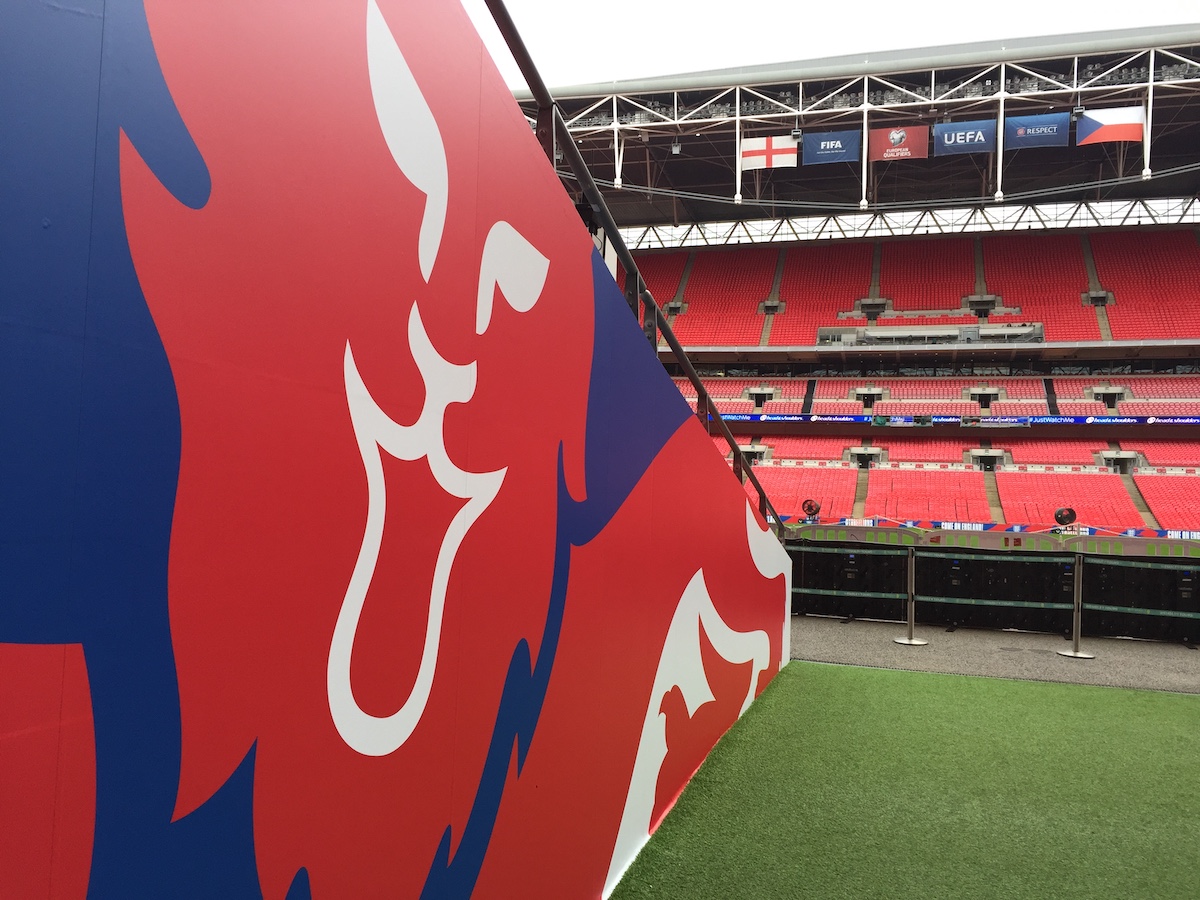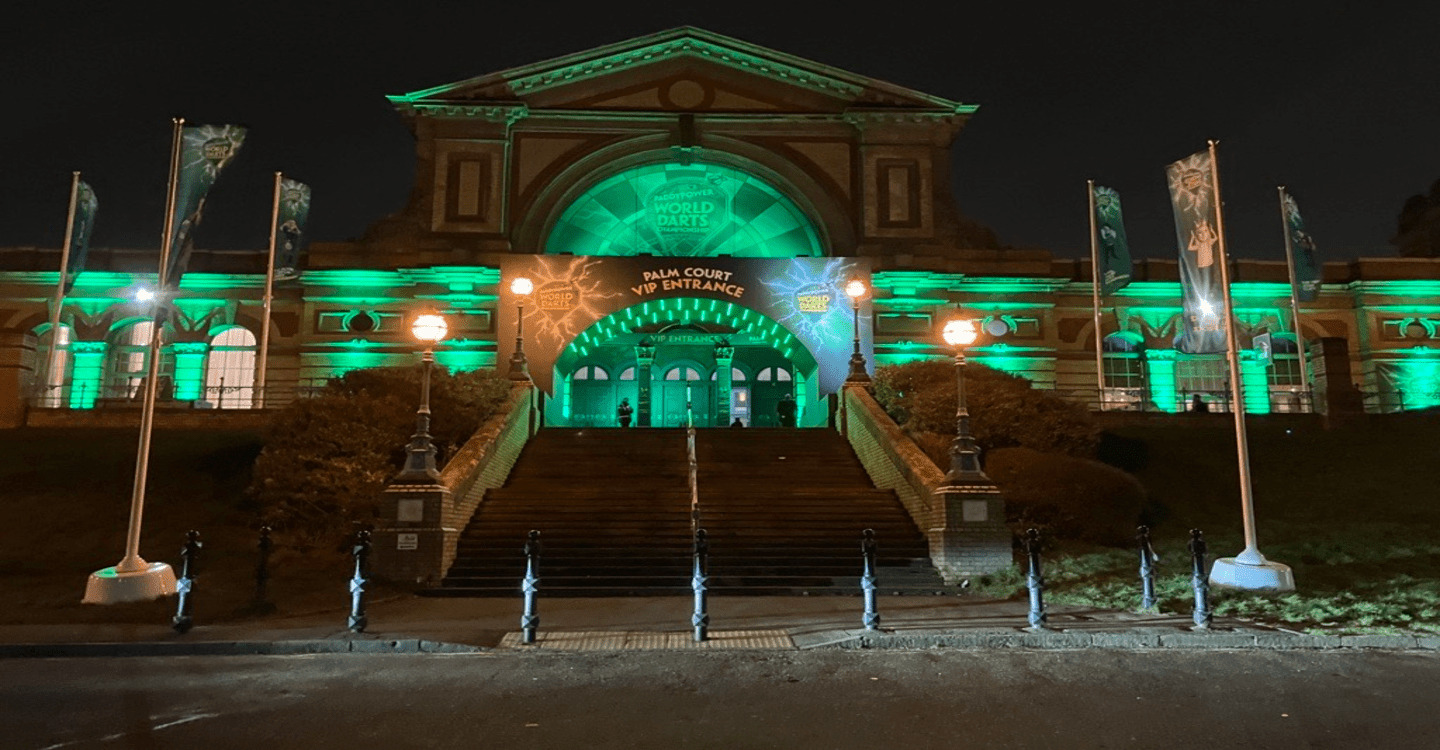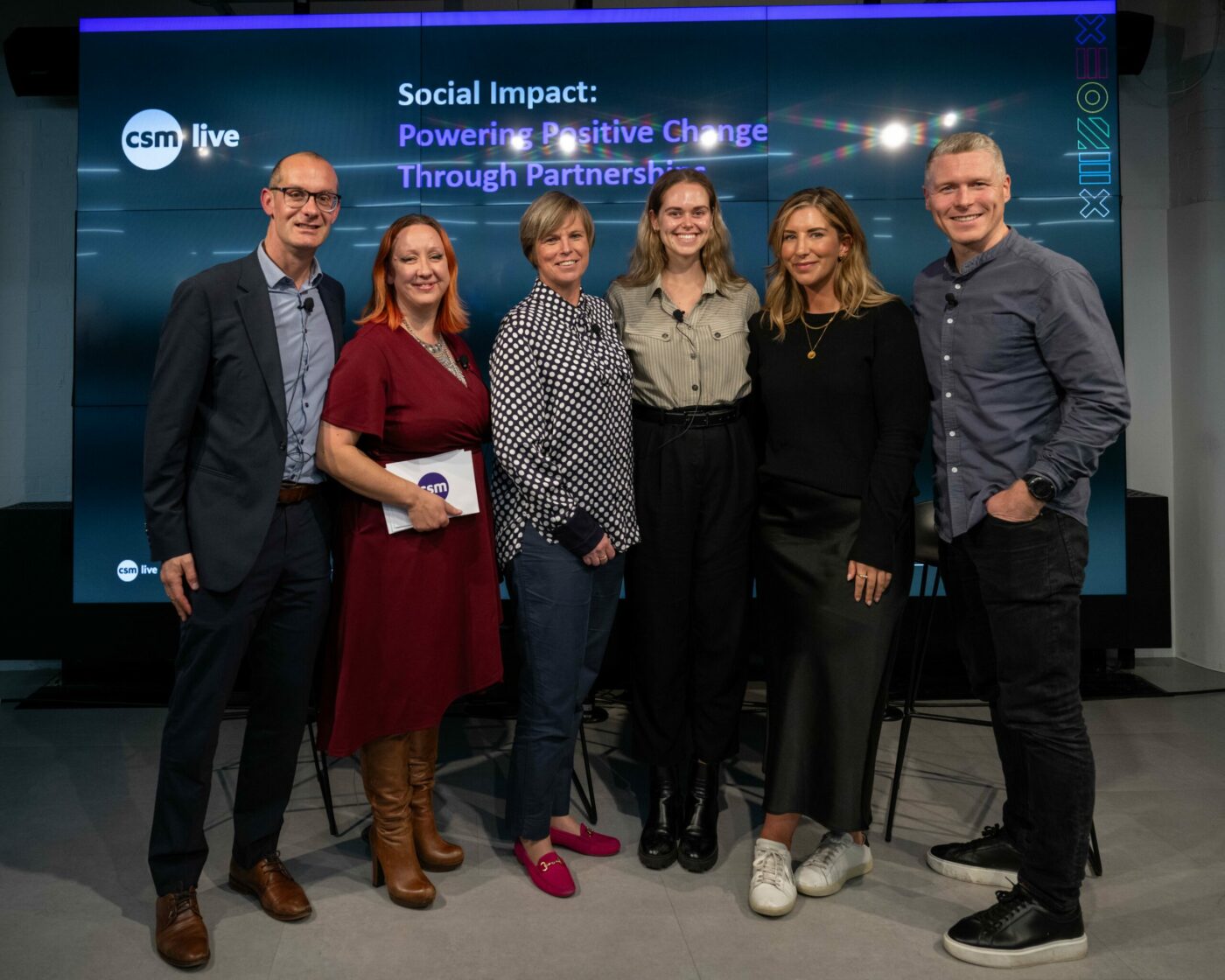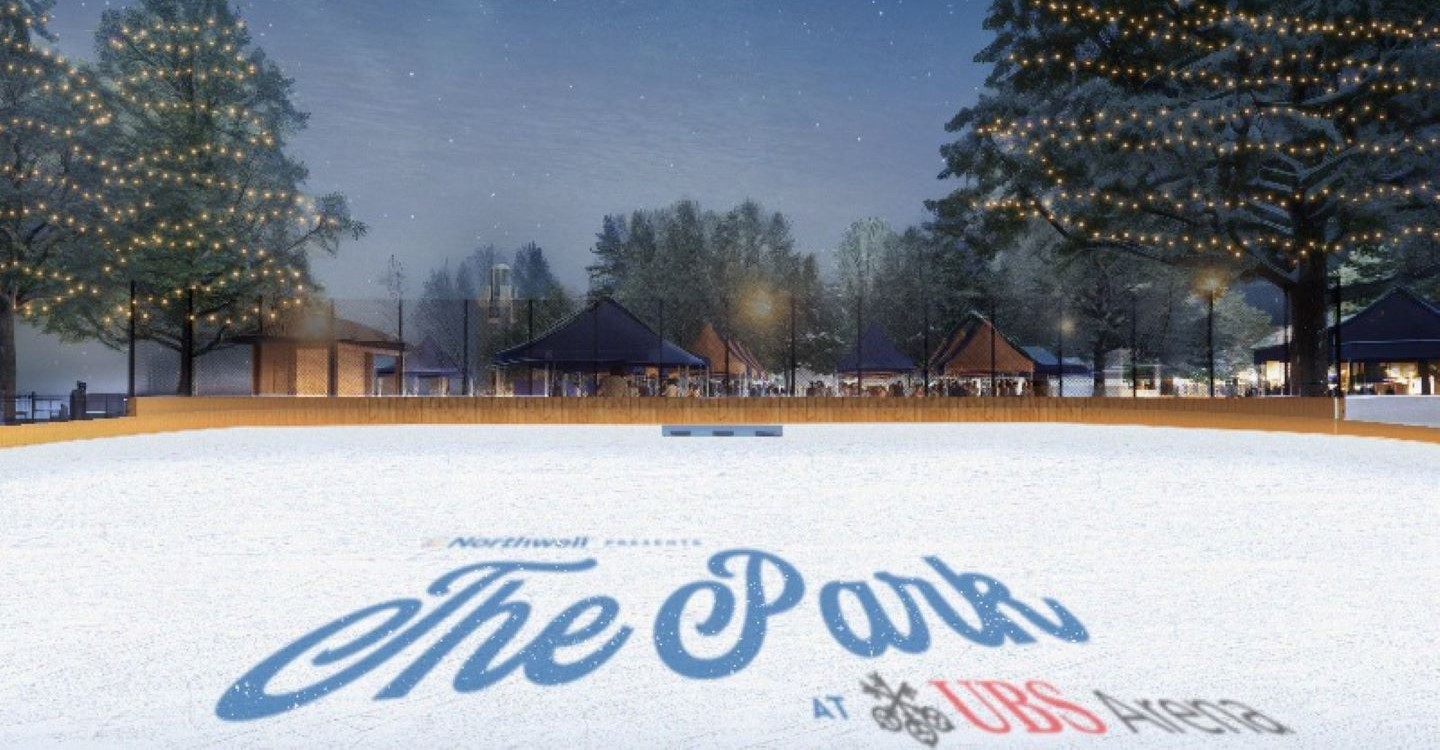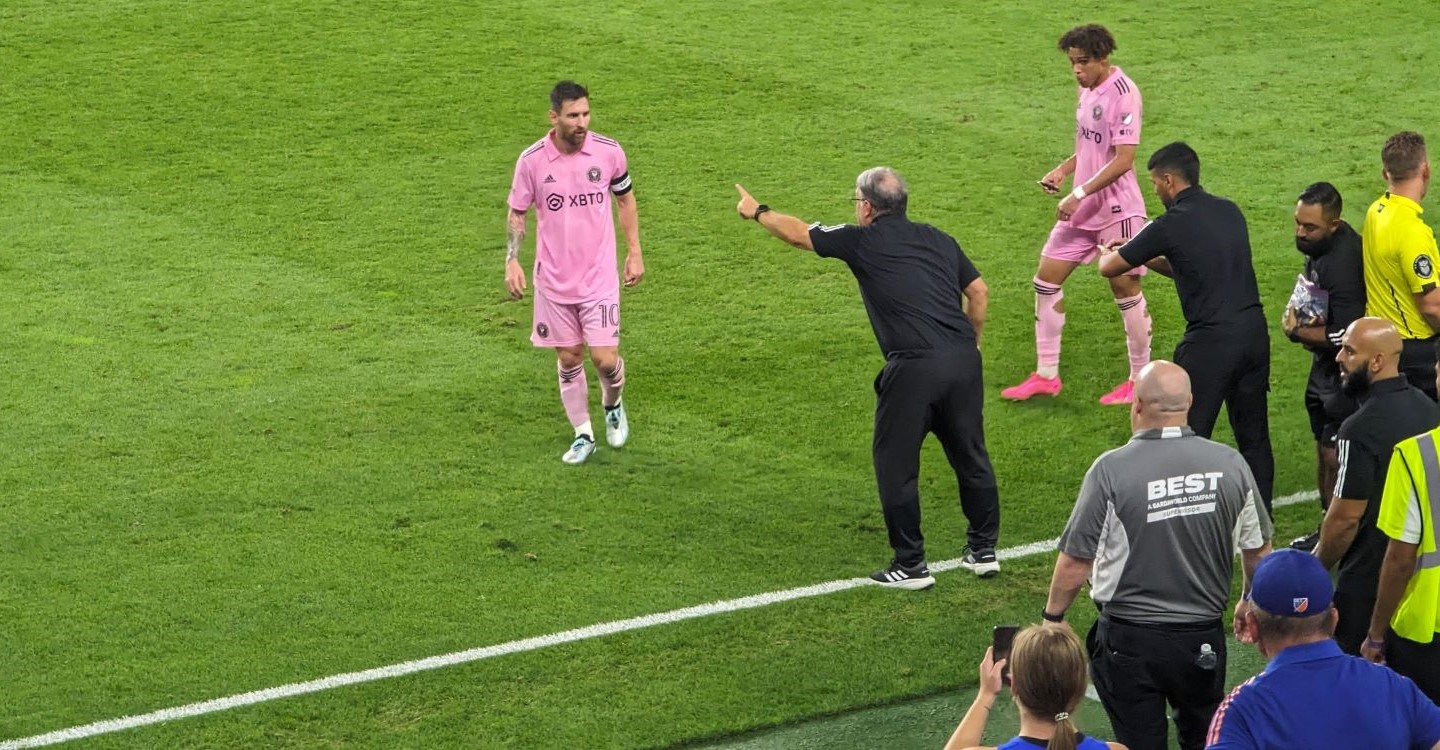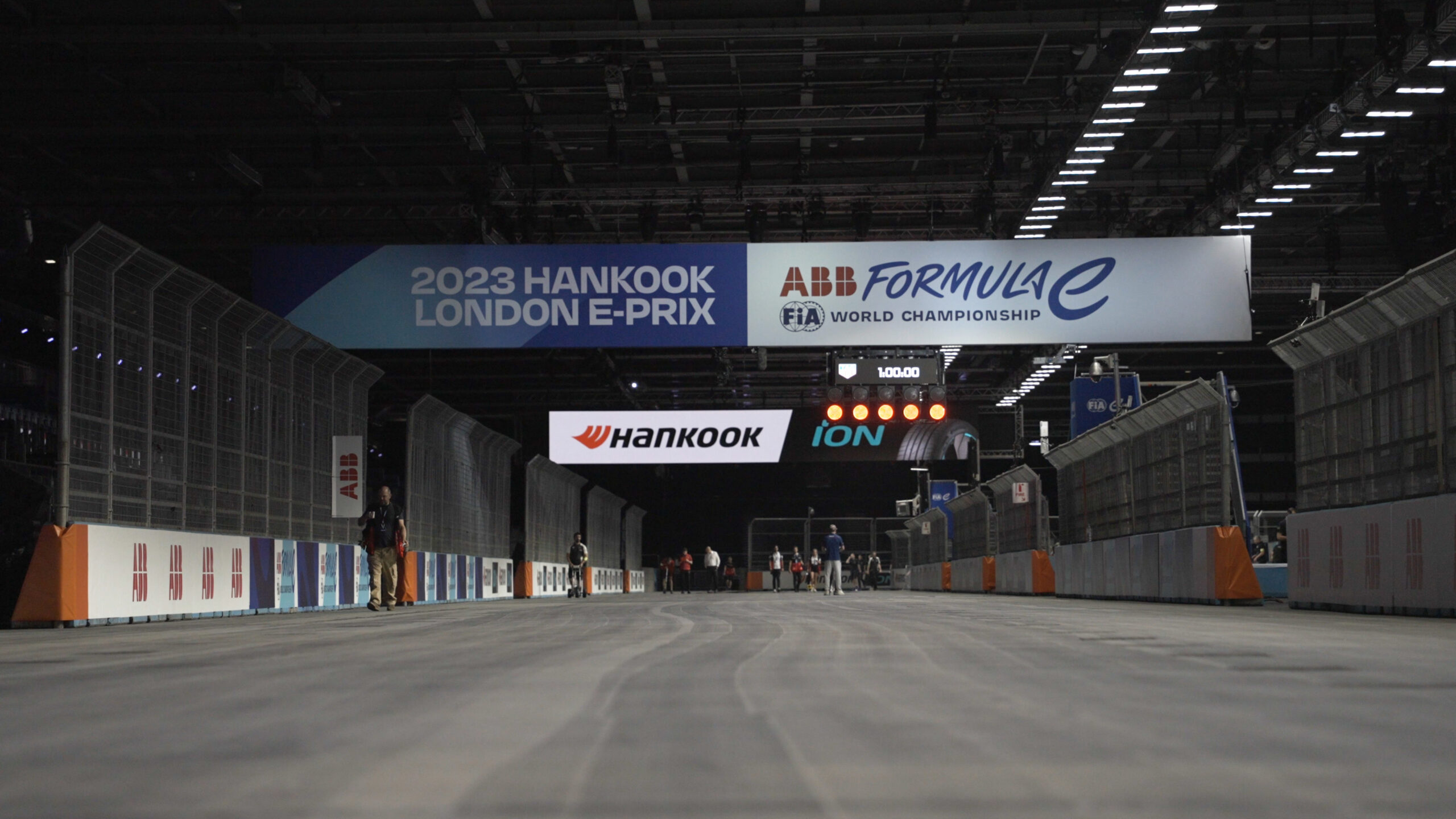It was always inevitable that the countless, unavoidable event postponements of 2020 would lead to congestion on this year’s sporting calendar.
The consequences of the widespread disruption caused by Covid-19 have been far-reaching for event organisers, as well as their commercial partners and participants, all of whom have been desperate for the action to take place in a safe environment as soon as possible.
In a matter of days in March 2020, the pandemic ripped to shreds long-planned preparation schedules, meticulously devised over many months and years, for major spectacles like the UEFA European Championships, CONMEBOL Copa América and Tokyo Olympic Games.
All three events, like numerous others, were squeezed onto new dates in 2021, leaving little time to catch breath. For example, whereas the gap between the end of UEFA Euro 2020 and the start of the FIFA 2022 World Cup should have been 28 months, Covid-19 has slashed the timeframe to just 16 months.
Twofold challenge
Against a backdrop of lingering uncertainties surrounding international travel, infection rates and the appetite of fans to attend events in large crowds following the enforced lockdowns and restrictions of recent months, a twofold challenge has emerged for event organisers.
Not only is there a greater emphasis than ever before on providing an outstanding live experience for spectators, participants, officials and partners following months of action that has taken place in front of largely empty stands; there is also the task of delivering such a vision in lightning-quick time, responding to changes at short notice in a fluid environment.
In these circumstances, relying on experienced third parties will be essential for various aspects of event organisation, from carrying out national team base-camp installations to fine-tuning fanzones and experiential marketing activations at a time of greater social distancing.
Mitigating risk
Although the pandemic will cast a shadow over the build-up to major events in the coming months, risks can be mitigated. As a starting point, signage, graphics and wayfinding can help to get spectators in, around and out of competition arenas as efficiently as possible.
“The important thing is to understand spaces and touchpoints,” Giles Stanford, CSM Live’s Director of Global Events, tells Fan XP. “We have a deep understanding of how people move within a space, how to influence decisions and direct the flow of people. This expertise in signage, graphics and wayfinding enables our team to manage distancing issues.
“Whilst the safety of fans and participants is a priority, of course, it is important not to overlook elements that can establish a positive atmosphere and create memories that last a lifetime for attendees.”
Bespoke 3D builds and overlay products such as backdrops, flagpoles, arches, towers and billboards can spark anticipation and excitement amongst fans.
Furthermore, seat covers – also known as stadium wraps or ‘seat kills’ – allow organisers to cater for unpredictable levels of demand at short notice. Solutions such as these as part of broader contingency plans can make a significant difference, with event organisers worldwide braced for possible bumps in the road along the gradual, phased return for ticket-holders in the coming months.
Driving sustainable value
“Last year, we worked with the Premier League to find an effective solution to avoid displaying scores of empty seats when matches took place behind closed doors,” Stanford adds. “We scoped, designed, approved, printed and installed 150,000m2 of branding across 20 stadia in a two-week period.”
Working speedily should not mean cutting corners from a sustainability perspective, though.
According to a recent survey of football clubs and organisations by CSM Live, Covid-19 has not affected ongoing sustainability plans, with 74% saying it is very important that suppliers are sustainable and 92% stating they would consider paying more for sustainable solutions.
Environmentally friendly branding and non-PVC materials – as utilised since 2019 by CSM Live alongside the ABB FIA Formula E Championship, for example – can provide an effective and efficient option for event organisers that are keen to leave a positive legacy rather than waste in a host city.
“The pandemic has forced event organisers to explore new ways to provide memorable fan experiences,” Stanford says. “Many solutions, though, will continue to resonate, not just for contingency planning, but more generally for sustainable and engaging event-hosting strategies long after the pandemic.”

